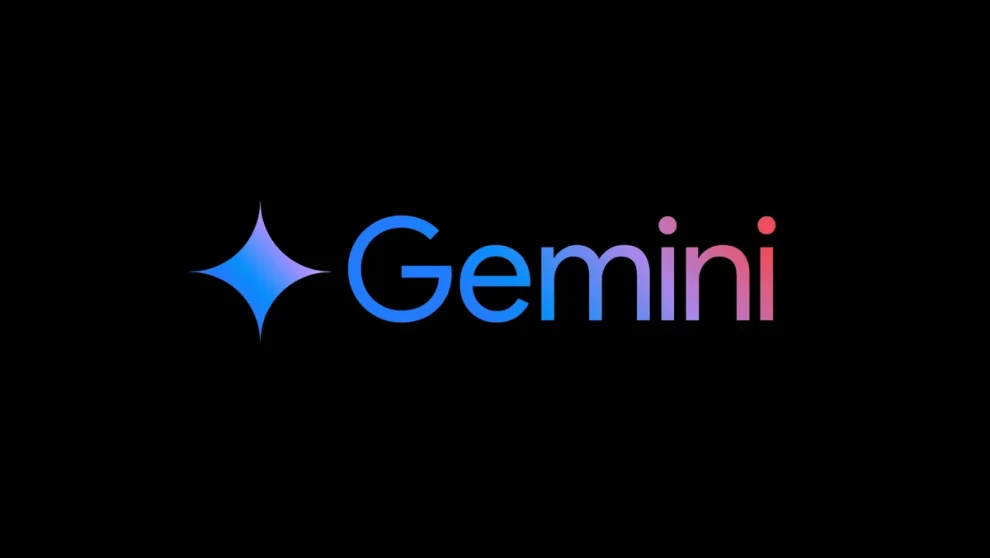The Study: Putting AI to the Test
The research, titled “Can LLMs Truly Understand? A Look at Factual Reasoning in Google’s Gemini and OpenAI’s ChatGPT,” delves into the performance of these leading large language models (LLMs) on a series of complex document-based tests. These assessments were specifically designed to evaluate the AI’s comprehension and reasoning abilities when faced with lengthy, intricate texts.
The results have raised eyebrows in the AI community and beyond.
Key Findings:
- Gemini struggled with questions requiring synthesis of information across entire documents
- The AI model only achieved around 40% accuracy on certain tests – barely better than random guessing
- OpenAI’s ChatGPT, while slightly outperforming Gemini, also demonstrated significant limitations
Beyond Text Retrieval: The Challenge of True Understanding
While LLMs like Gemini excel at tasks such as text retrieval and summarization, the study suggests a potential gap in their ability to grasp deeper meanings and connections within complex documents.
“We found that both models performed poorly on these tasks,” explained Dr. Marzena Karpinska, a co-author of the study. This raises questions about their capacity for true data analysis beyond surface-level information processing.
The “Long Context” Conundrum
One of Gemini’s touted features is its ability to process “long context” data – documents spanning hundreds of pages. However, the study suggests that this capability may not translate to deeper understanding.
“While models like Gemini can technically process large amounts of text, they don’t necessarily understand the nuances and relationships between different ideas within the document,” said Dr. David Chen, another co-author. “This leads to difficulties in tasks that require them to draw connections and make inferences based on the bigger picture.”
Implications for AI and Data Analysis
The findings of this study have far-reaching implications for the field of AI-powered data analysis:
1. Reevaluating AI Capabilities
The research suggests that the current capabilities of LLMs like Gemini may be overstated, particularly in complex analytical tasks. This calls for a more nuanced understanding of AI’s strengths and limitations in data processing.
2. The Continued Importance of Human Expertise
While LLMs offer powerful tools for certain tasks, the study underscores the ongoing need for human expertise in data analysis, especially for projects requiring critical thinking and nuanced reasoning.
3. Transparency and Explainability
The research highlights the need for greater transparency in how LLMs arrive at their conclusions. This is crucial for building trust in AI systems and understanding their decision-making processes.
A Wake-Up Call for the AI Industry
This study serves as a catalyst for reflection and improvement in the field of AI development. It emphasizes the need for:
- Continued research and development focused on enhancing true comprehension and reasoning abilities in LLMs
- More rigorous testing methodologies to evaluate AI performance on complex analytical tasks
- Increased collaboration between AI developers and domain experts to bridge the gap between technical capabilities and real-world analytical needs
The Road Ahead: Challenges and Opportunities
While the study’s findings may seem discouraging, they also present opportunities for growth and innovation in the AI field:
Refining AI Models
By identifying specific areas where LLMs struggle, researchers can focus on developing targeted improvements to enhance their analytical capabilities.
Hybrid Approaches
The limitations revealed in this study may lead to the development of hybrid systems that combine the strengths of AI with human expertise for more robust data analysis solutions.
Ethical Considerations
As AI continues to evolve, these findings underscore the importance of responsible development and deployment, particularly in high-stakes domains where analytical accuracy is crucial.
Conclusion: A Reality Check for AI Enthusiasts
The UMass Amherst and University of Toronto study serves as a valuable reality check in the often-hyped world of AI. While large language models like Google’s Gemini and OpenAI’s ChatGPT have undoubtedly achieved remarkable feats, this research reminds us that there’s still a long road ahead before AI can truly match human-level comprehension and analytical reasoning.
For Google, the challenge now lies in addressing the shortcomings identified in this study. Can they refine Gemini to bridge the gap between processing vast amounts of text and truly understanding its content? The answer to this question will likely shape the future of AI-powered data analysis.
As we move forward, it’s clear that ongoing research, transparent communication about AI capabilities, and a balanced approach that leverages both artificial and human intelligence will be key to realizing the full potential of AI in data analysis and beyond.
“This is not a dead end,” Dr. Karpinska concluded. “Our findings can be used to identify areas where LLMs need improvement. With further research and development, we can build LLMs that are not just powerful text processors, but true data analysis partners.”
The journey towards truly intelligent AI continues, with each study and discovery bringing us one step closer to unlocking the full potential of these powerful technologies.

















Add Comment